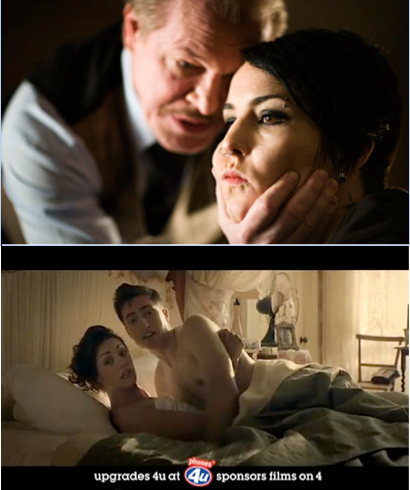National Oxford Uehiro Prize in Practical Ethics: What is Wrong With Stating Slurs?
This article received an honourable mention in the undergraduate category of the 2023 National Oxford Uehiro Prize in Practical Ethics
Written by Leah O’Grady, University of Oxford
This essay will argue that it is wrong to use slurs in a non-derogatory context due to the phenomena of constitutive prohibition, put forward by Alexandre and Lepore (2013). That is, I will argue that slurs are wrong because they are considered wrong. Throughout, I will use ‘offensive’ interchangeably with ‘considered wrong (by the marginalised community to which it applies)’. I wish to distinguish ‘offensive’ with ‘wrong’. A slur is wrong if and only if it does harm to the marginalised community to which it applies. I will begin the essay from the assumption that an offensive slur is not necessarily wrong and vice versa. However, through argument I will conclude that slurs are wrong because they are offensive, that is, it is wrong to say slurs because it implies either an ignorance of or a disregard to the wishes of marginalised communities.Read More »National Oxford Uehiro Prize in Practical Ethics: What is Wrong With Stating Slurs?

